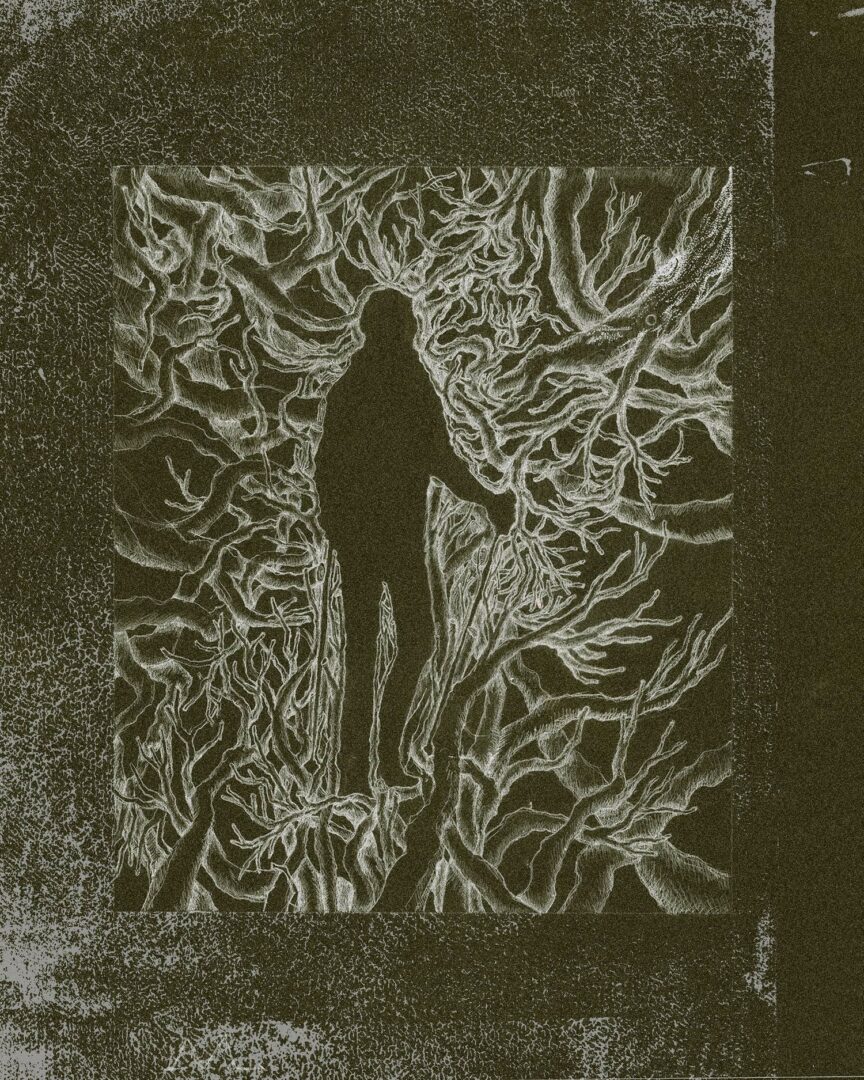We’re excited to introduce you to the always interesting and insightful Nelson Liu. We hope you’ll enjoy our conversation with Nelson below.
Hi Nelson, thank you for joining us today and sharing your experiences and acquired wisdom with us. Burnout is a huge topic these days and so we’d love to kick things off by discussing your thoughts on overcoming or avoiding burnout
Burnout usually hits me as insomnia, so that’s the first sign I look out for. When it gets bad, I do rely on sleeping pills, and I’ve stopped feeling ashamed about that—it’s just what I need sometimes to get through hard times. I also used to stay up working super late, which definitely made things worse. Now I try to cut that habit and give myself a real stopping point. Over the years, I’ve gotten better at listening to my body and knowing when to slow down. Meditating helps too—it gives my brain peace when it’s running on fumes.


Thanks for sharing that. So, before we get any further into our conversation, can you tell our readers a bit about yourself and what you’re working on?
I’m Nelson Liu, an illustrator and graphic designer from Taipei, Taiwan. I create images—images that serve and amplify the art of others. From band posters to storybook illustrations, my work thrives in a collaborative and supportive role.
My work is heavily inspired by gothic and horror literature like Dracula and Edgar Allan Poe, as well as metal album covers. I love exploring dark, narrative-driven imagery with surreal elements and historical references to add a touch of the fantastical. Working with a mix of ink, charcoal, and digital drawing, I always try to bridge the gap between illustration and design, crafting visuals and experiences for creative expression to breathe life into everyday experiences.
After coming to Minnesota to pursue an MFA at the Minneapolis College of Art and Design (MCAD), my style has remained the same, but I was heavily influ- enced by the Twin Cities’ art scene and my practice has shifted to become more community-focused. I imagine my work to not just exist on a gallery wall, but to give space and support to other art forms—like being backstage—supporting the people in the spotlight.


Looking back, what do you think were the three qualities, skills, or areas of knowledge that were most impactful in your journey? What advice do you have for folks who are early in their journey in terms of how they can best develop or improve on these?
1. Shaping your aesthetic and sensibility
It’s so important to know what works—how to create an image that’s understandable, intentional, and actually communicates something. That’s something I’ve learned through design school and working in the industry. Developing strong design sensibility and applying that to illustration has been a huge asset. It helps you build images with clear visual hierarchy, cohesive storytelling, and a focused style. A lot of illustrators lean more toward a fine art approach, which is totally valid, but that comes with its own audience. If you want to communicate with clarity and purpose, especially in a broader context, having that design-driven mindset makes a big difference.
2. Don’t be afraid to ask questions
Seriously—people aren’t going to judge you for asking questions, especially if it’s about improving your work. And if someone is rude or dismissive, that says more about them than you. I wouldn’t go back to people like that—they’re probably just miserable. It’s also about finding the right people to connect with. That’s something I’ve naturally gravitated toward in both design and illustration—good people give off good energy, and when you surround yourself with that, it becomes a cycle. You feel inspired, supported, and you actually enjoy what you’re doing again and again.
3. Take care of your health
Burnout is horrible. I’ve been through it, and it messed me up mentally and physically. Pushing yourself out of your comfort zone is great—but do it gradually. I pushed too hard once, juggling two jobs and working 12-hour days, and it left me with trauma and health issues I’m still dealing with. And the truth is, when you’re burnt out, you’re not even growing. You’re just trying to survive and get things done, and the quality of your work suffers. When you’re rested and energized, you work better and smarter—you have the space to improve, to experiment, and actually elevate what you’re making. That’s how real growth happens—sustainably.


What do you do when you feel overwhelmed? Any advice or strategies?
For me, meditation is a big one. It helps calm me down and brings me back to the present. When you’re overwhelmed, it’s usually not because of something actually happening in the real world—it’s the ideas in your head, the spirals, the “what ifs.” So I try to ground myself. Like—go outside, look at the sky, notice what shade of blue it is. Do something that brings you back into your body and your surroundings.
Exercise is also huge because there’s actual science behind it. Moving your body releases endorphins and dopamine, and that literally helps you feel better. The hardest part is getting up and doing it. You can come up with a thousand excuses to sit there and stew in the stress, but once you move, even a little, it shifts your whole energy. It’s not about ignoring your problems—it’s about giving your brain a reset so you can actually deal with them.
Contact Info:
- Website: https://nelsonliu.art
- Instagram: https://www.instagram.com/laidanegg/
- Linkedin: https://www.linkedin.com/in/nelson-liu-b22a21136/
- Youtube: https://www.youtube.com/@daryalph
- Other: Reel:
https://vimeo.com/1071225995


so if you or someone you know deserves recognition please let us know here.




